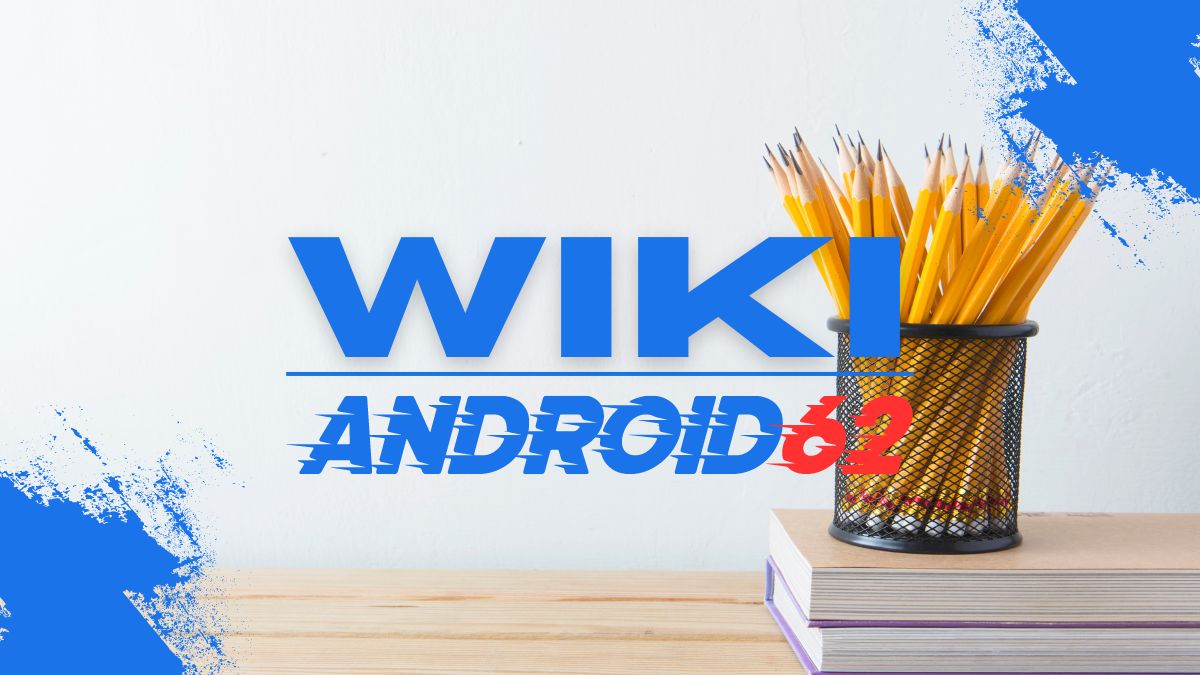
When we talk about computers, the term “desktop” is often used in various contexts. It can refer to the physical structure of a computer, a user interface, or a type of computer system. In this article, we will delve into the different meanings and uses of the term “desktop” in the world of computers.
What is a Desktop Computer?
A desktop computer is a personal computer designed to be used on a desk or table. It typically consists of a monitor, a keyboard, a mouse, and a central processing unit (CPU). Desktop computers are known for their power, flexibility, and upgradeability. They are popular among professionals, gamers, and enthusiasts who require high performance and customizable hardware.
Desktop computers come in various form factors, including tower, mini-tower, and all-in-one designs. Tower desktops are the most common and offer the most flexibility for upgrading components. Mini-tower desktops are smaller versions of tower desktops and are more compact. All-in-one desktops have the components integrated into the monitor, saving space and reducing cable clutter.
Desktop Operating Systems
Desktop operating systems are software platforms that provide a user interface for interacting with a computer. Some popular desktop operating systems include:
- Windows – Developed by Microsoft, Windows is the most widely used desktop operating system in the world. It offers a user-friendly interface, robust security features, and a wide range of software compatibility.
- macOS – Developed by Apple, macOS is the operating system used on Mac desktop computers. It is known for its sleek design, ease of use, and integration with other Apple devices.
- Linux – Linux is an open-source operating system that is widely used by developers and tech enthusiasts. It offers customization, security, and versatility, making it a popular choice for power users.
Desktop User Interface
The desktop user interface is the graphical representation of a desktop operating system. It typically consists of icons, windows, menus, and folders that allow users to interact with the computer. The desktop user interface provides a visual way to navigate the operating system, launch applications, and manage files.
Key features of a desktop user interface include:
- Icons: Represent programs, files, and folders on the desktop.
- Windows: Contain running applications and can be moved, resized, or closed.
- Menus: Provide access to application functions and system settings.
- Taskbar: Displays running applications and system notifications.
The desktop user interface plays a crucial role in the usability and functionality of a computer. It allows users to interact with the computer in a visual and intuitive way, making it easier to perform tasks and complete work efficiently.
Types of Desktop Computers
There are several types of desktop computers available on the market, each catering to different needs and preferences. Some common types of desktop computers include:
- Gaming Desktops: Designed for high-performance gaming, gaming desktops come equipped with powerful processors, graphics cards, and cooling systems to handle demanding games.
- Workstation Desktops: Built for professional tasks such as video editing, 3D rendering, and data analysis, workstation desktops offer powerful hardware and extensive connectivity options.
- Home Desktops: Meant for everyday computing tasks like web browsing, email, and document editing, home desktops are affordable and easy to use for casual users.
- Business Desktops: Optimized for productivity and security, business desktops feature enterprise-grade hardware, software, and management tools for corporate environments.
Advantages of Desktop Computers
Desktop computers offer several advantages over other computing devices, making them a popular choice for many users. Some key advantages of desktop computers include:
- Performance: Desktop computers are known for their high performance and processing power, making them ideal for resource-intensive tasks like gaming, video editing, and 3D modeling.
- Upgradeability: Desktop computers are highly customizable and upgradeable, allowing users to easily replace or add components like processors, memory, and storage devices.
- Connectivity: Desktop computers offer a wide range of connectivity options, including USB ports, HDMI outputs, and expansion slots for adding peripherals and accessories.
- Screen Size: Desktop computers can be connected to large monitors or multiple displays, providing a more immersive and productive work environment compared to laptops or tablets.
Disadvantages of Desktop Computers
Despite their advantages, desktop computers also have some drawbacks that may make them less suitable for certain users. Some disadvantages of desktop computers include:
- Portability: Desktop computers are not as portable as laptops or tablets, making them less convenient for users who need to work on the go or in different locations.
- Space Requirements: Desktop computers require a dedicated space on a desk or table, which may be a limitation for users with limited space or those who prefer a minimalist setup.
- Power Consumption: Desktop computers consume more power than laptops or tablets, resulting in higher electricity bills and environmental impact over time.
- Cost: High-performance desktop computers can be expensive, especially when upgrading components or purchasing premium hardware for gaming or professional tasks.
Conclusion
In conclusion, the term “desktop” in the world of computers refers to both a physical computer system and a user interface. Desktop computers are powerful, customizable, and versatile machines that cater to a wide range of users, from gamers to professionals. They offer high performance, upgradeability, and connectivity options that make them a popular choice for many computing tasks.
While desktop computers have some drawbacks such as lack of portability and higher cost, their advantages outweigh these limitations for users who prioritize performance and flexibility. Whether you need a gaming rig, a workstation for professional tasks, or a home computer for everyday use, desktop computers provide the power and versatility you need to get the job done.
Overall, the term “desktop” embodies the essence of traditional computing, where power, customization, and reliability are paramount. As technology continues to evolve, desktop computers will remain a fundamental part of our digital lives, providing a solid foundation for productivity, creativity, and entertainment.




